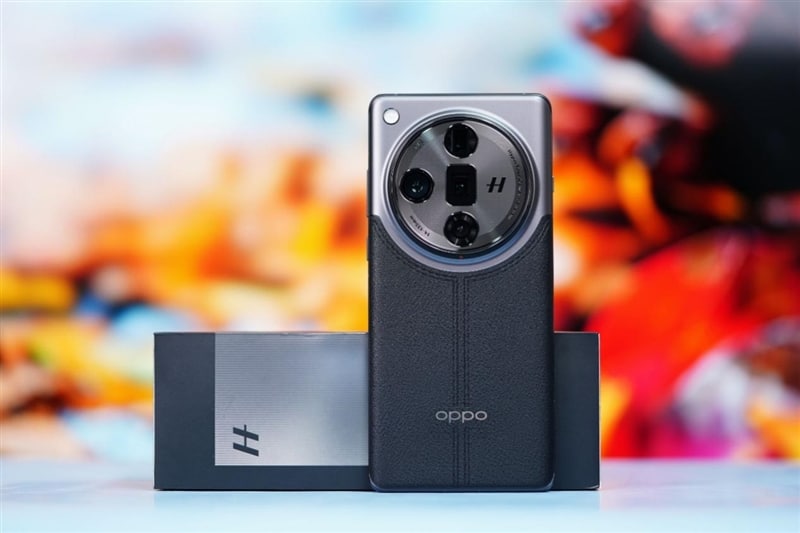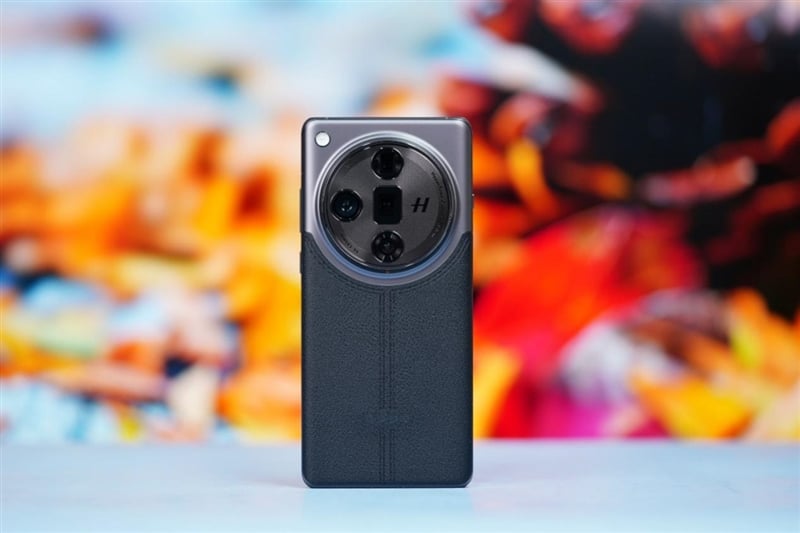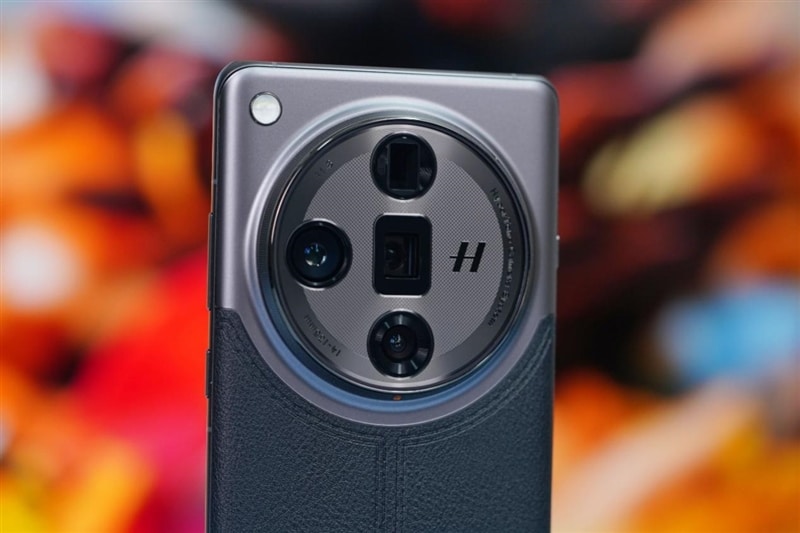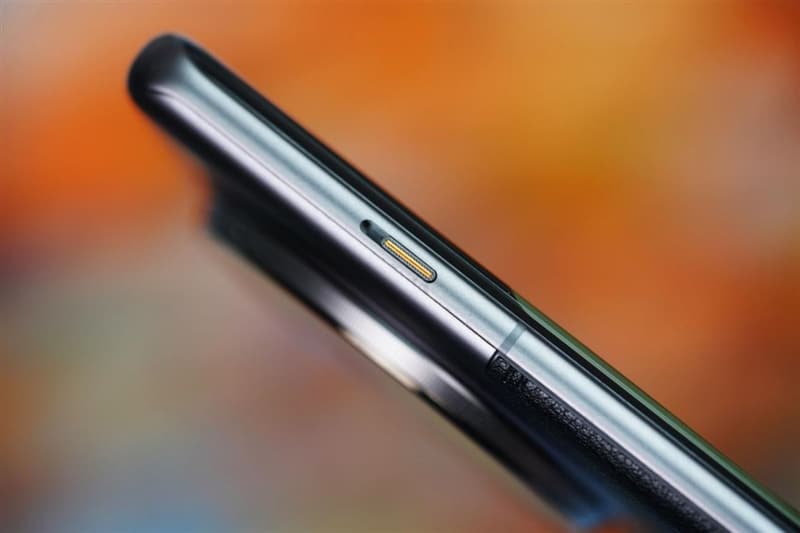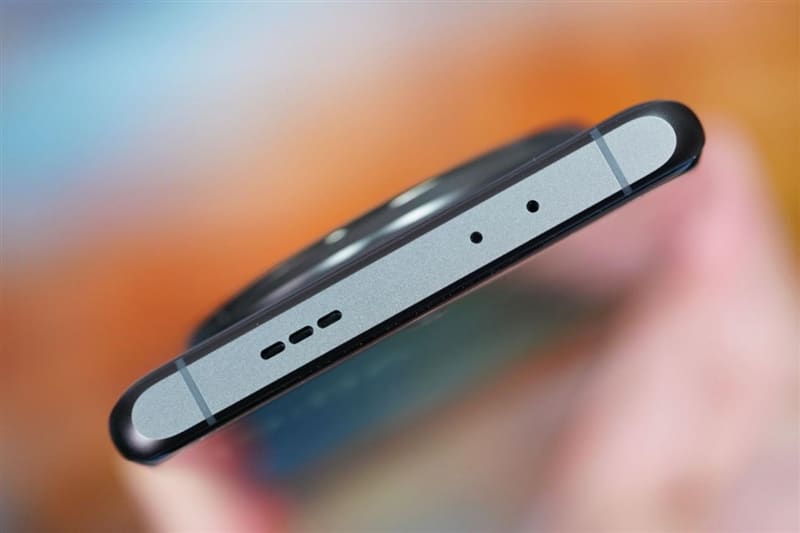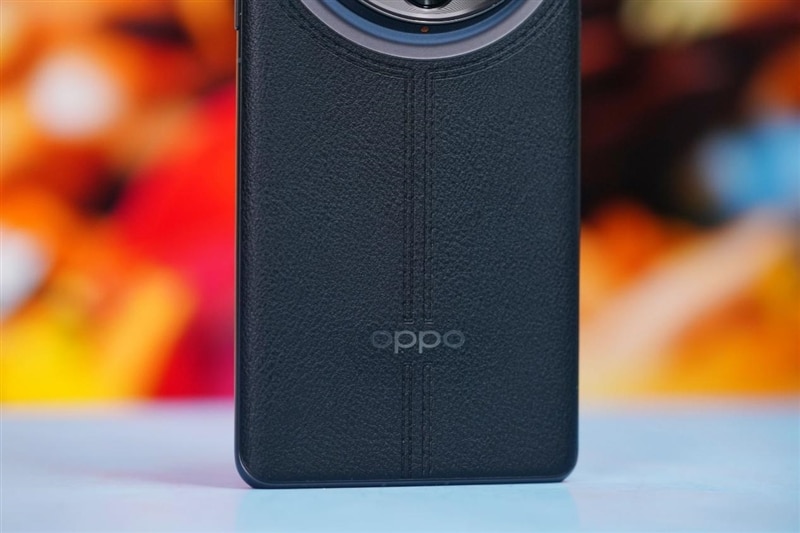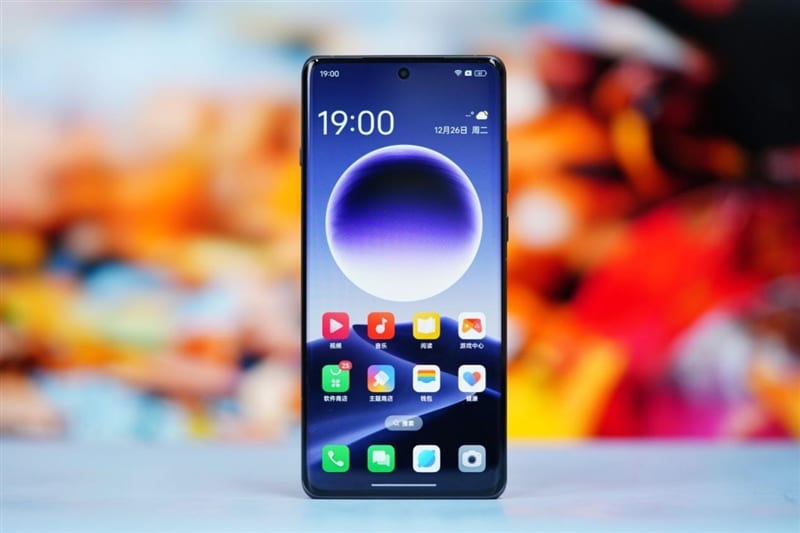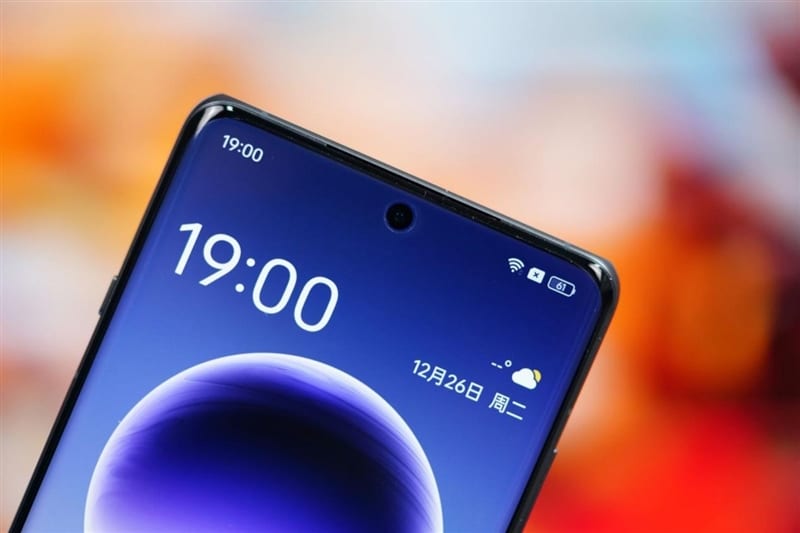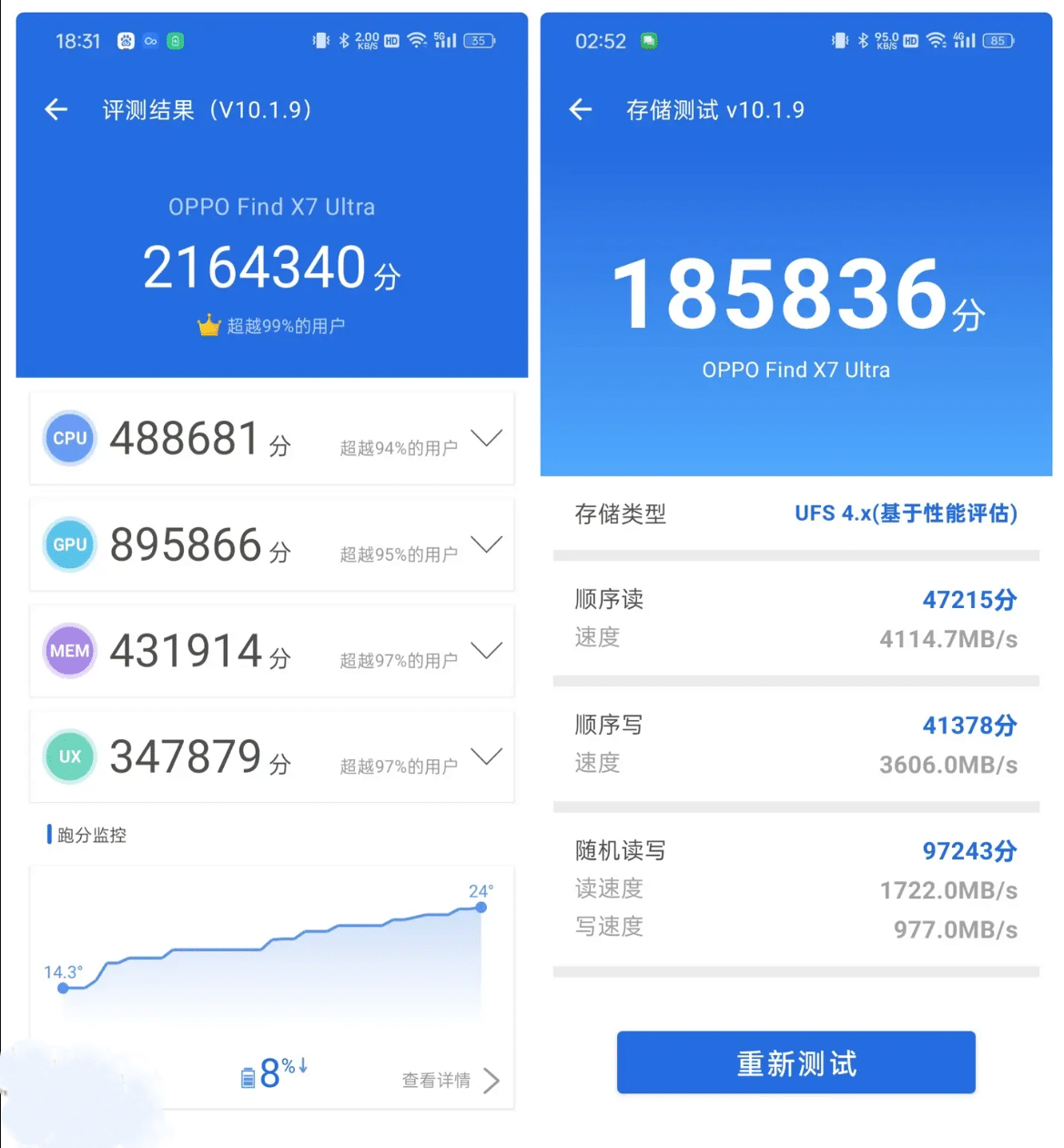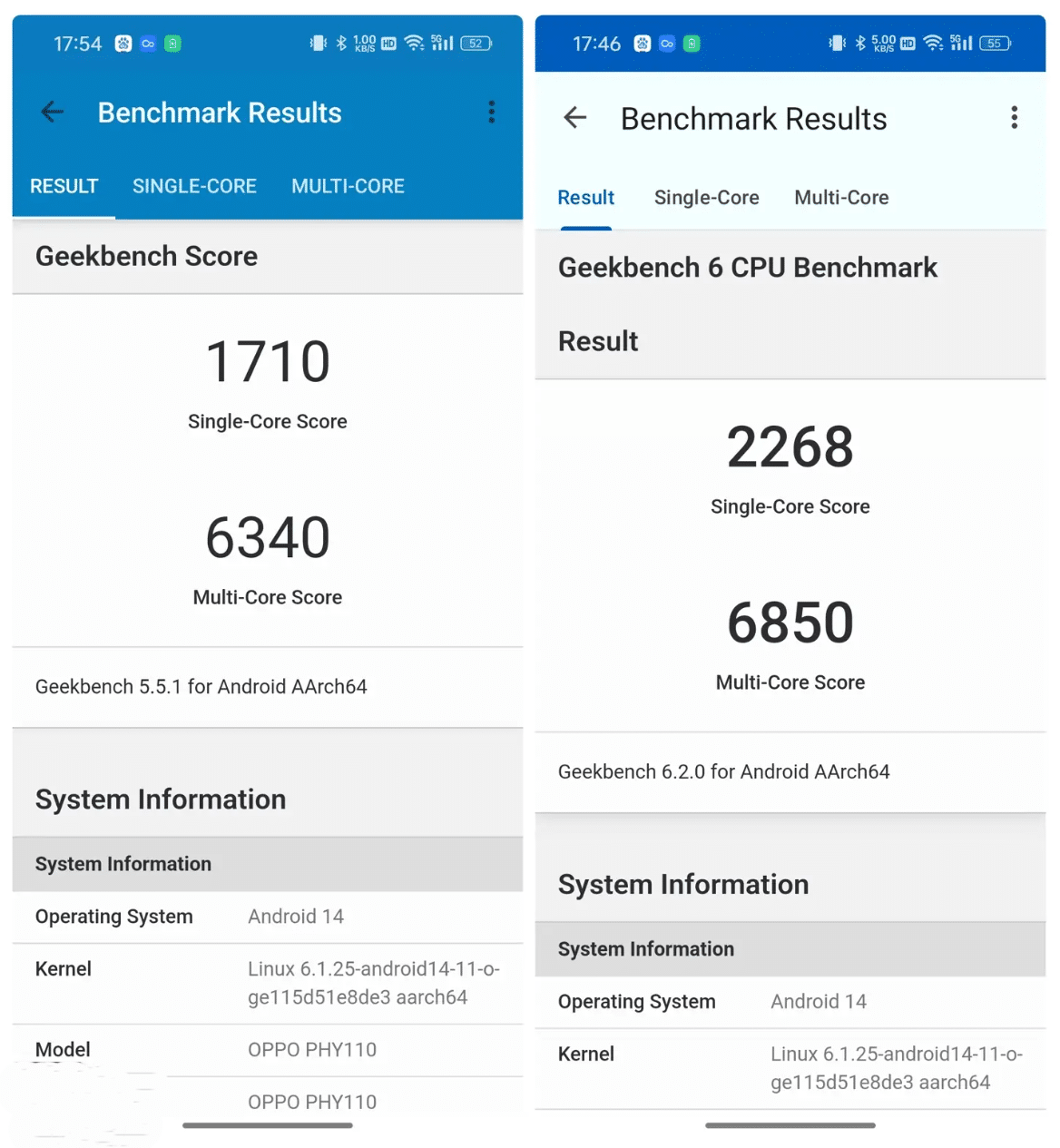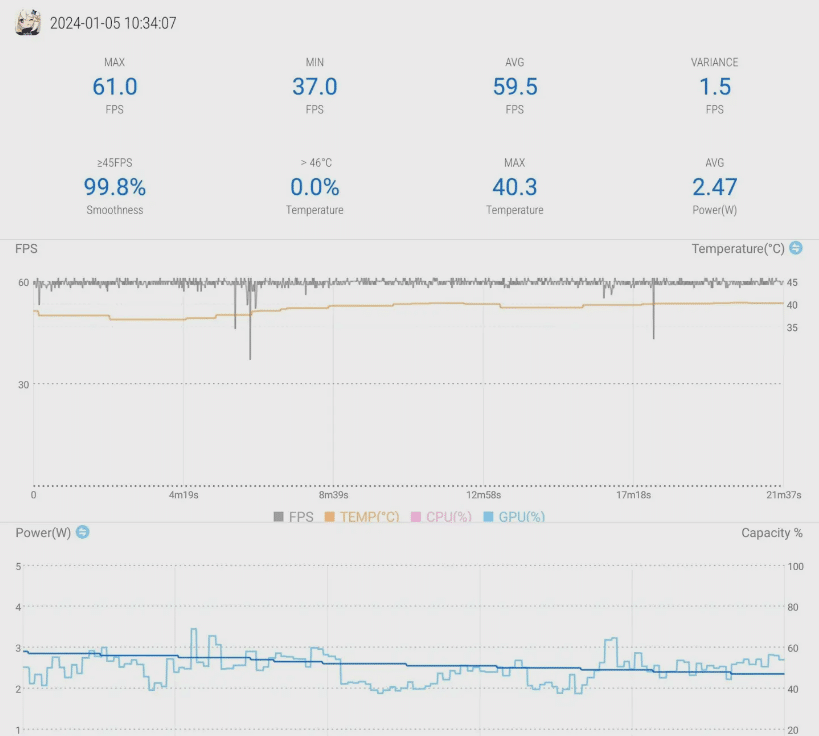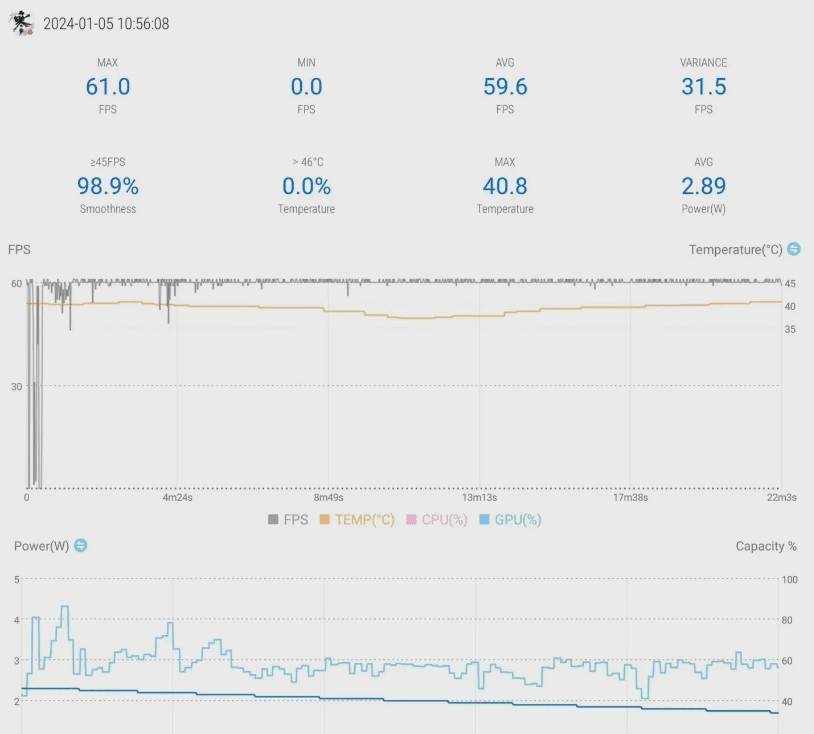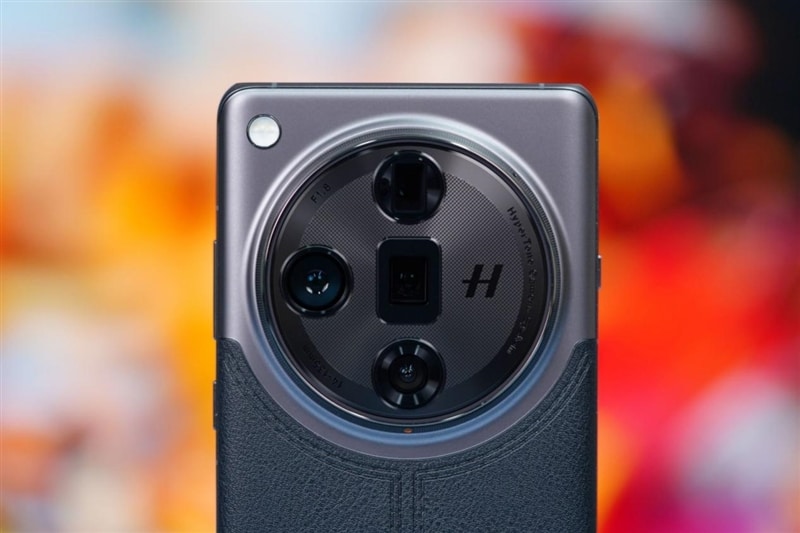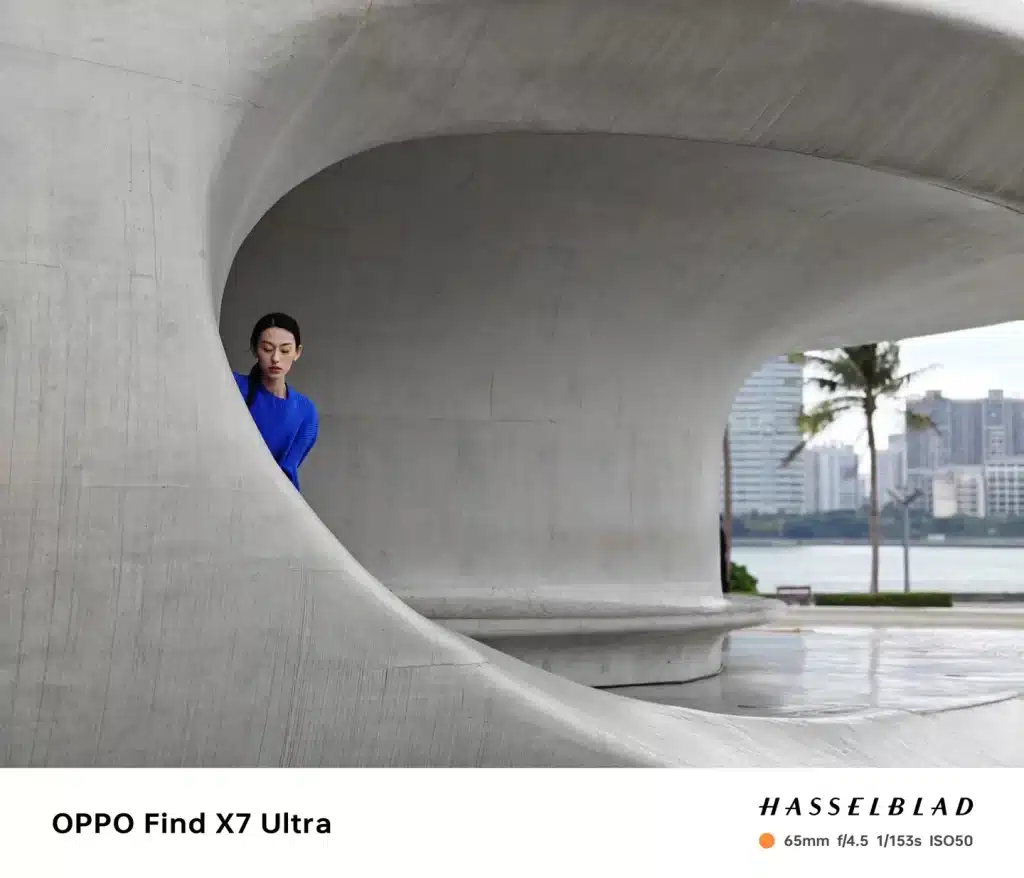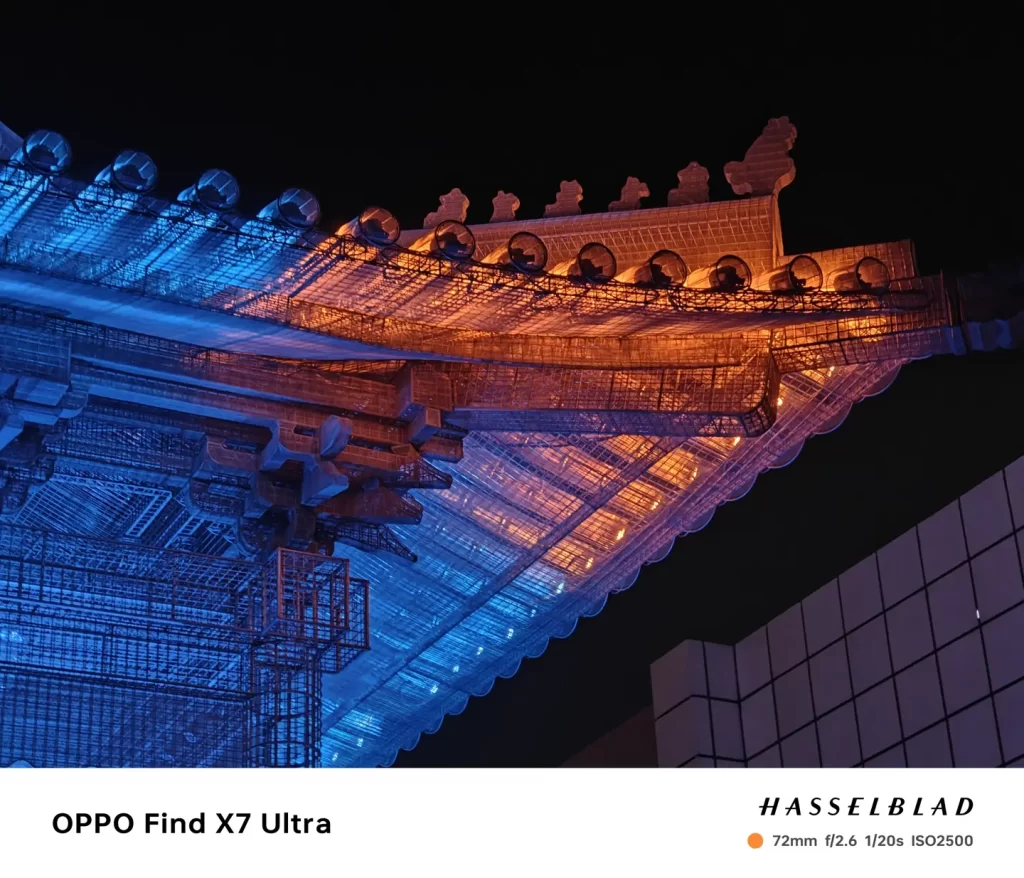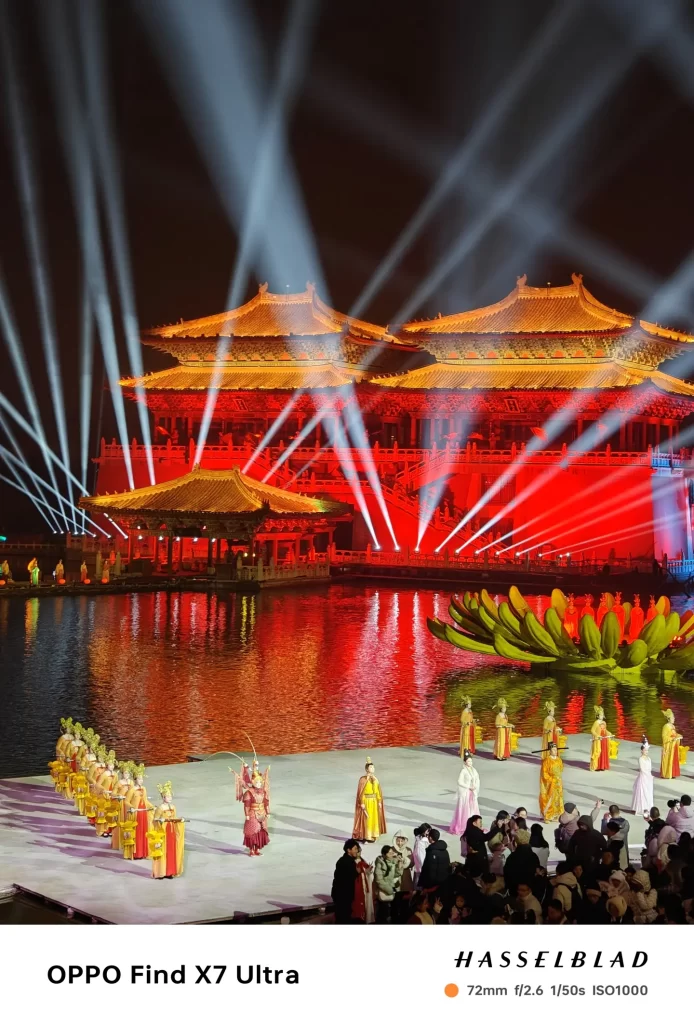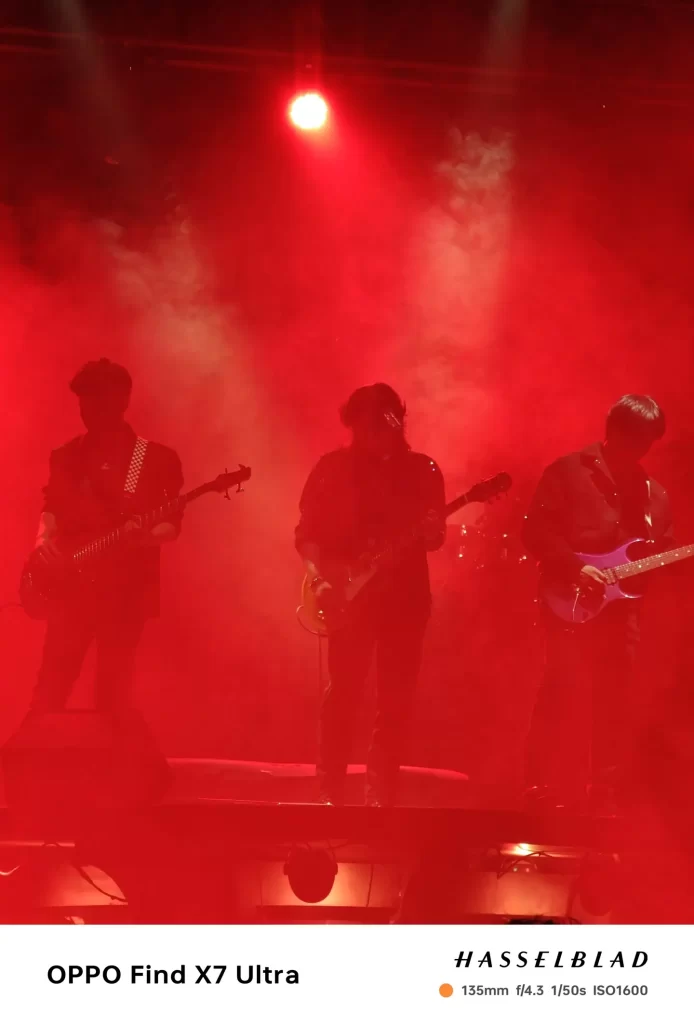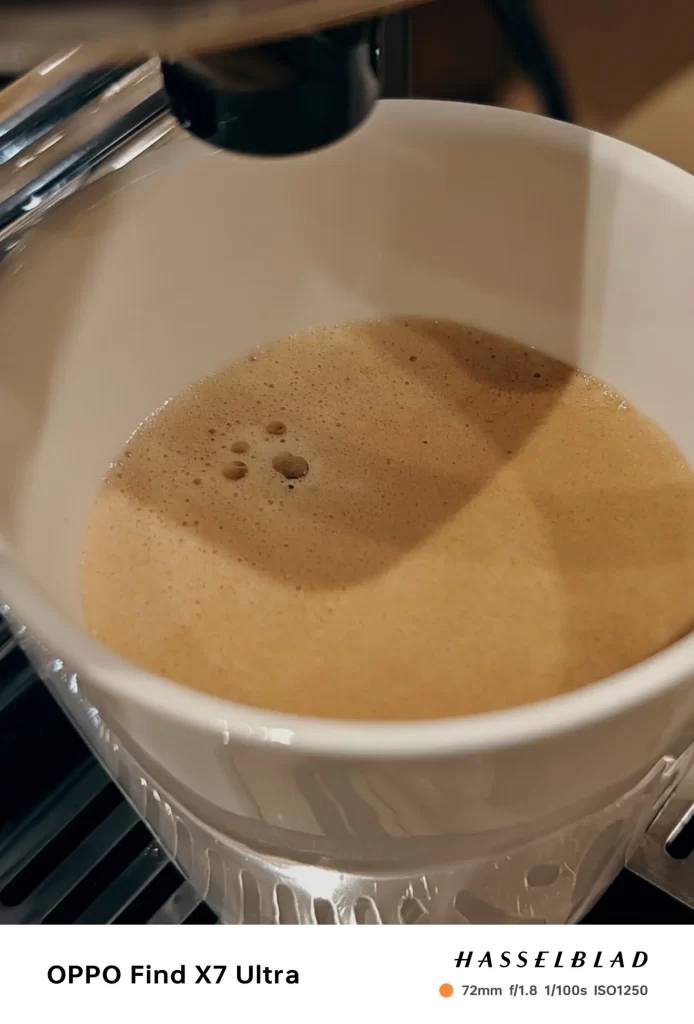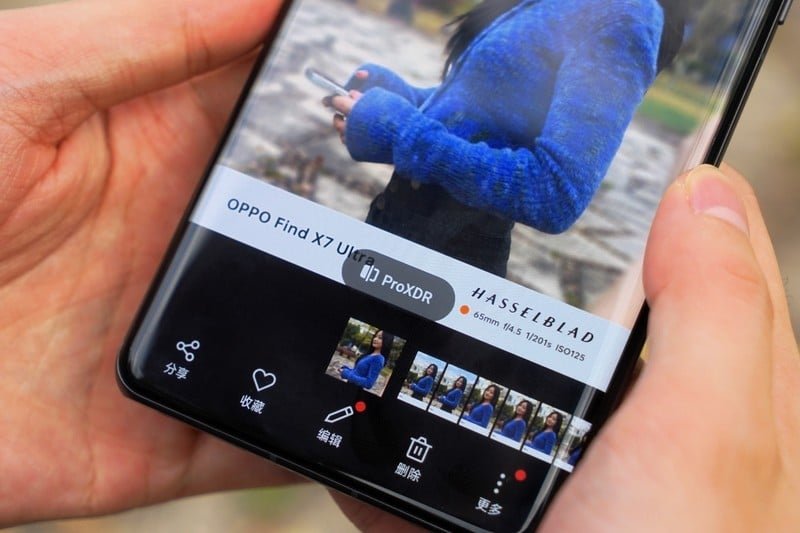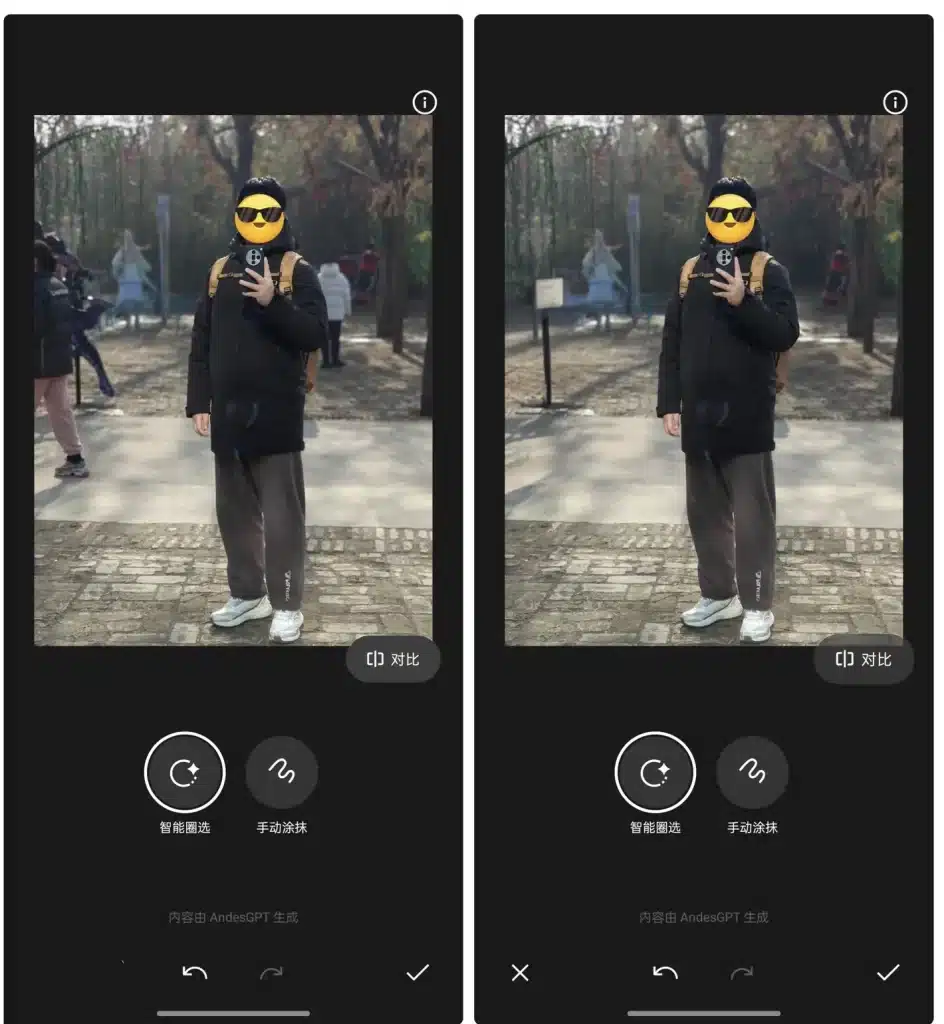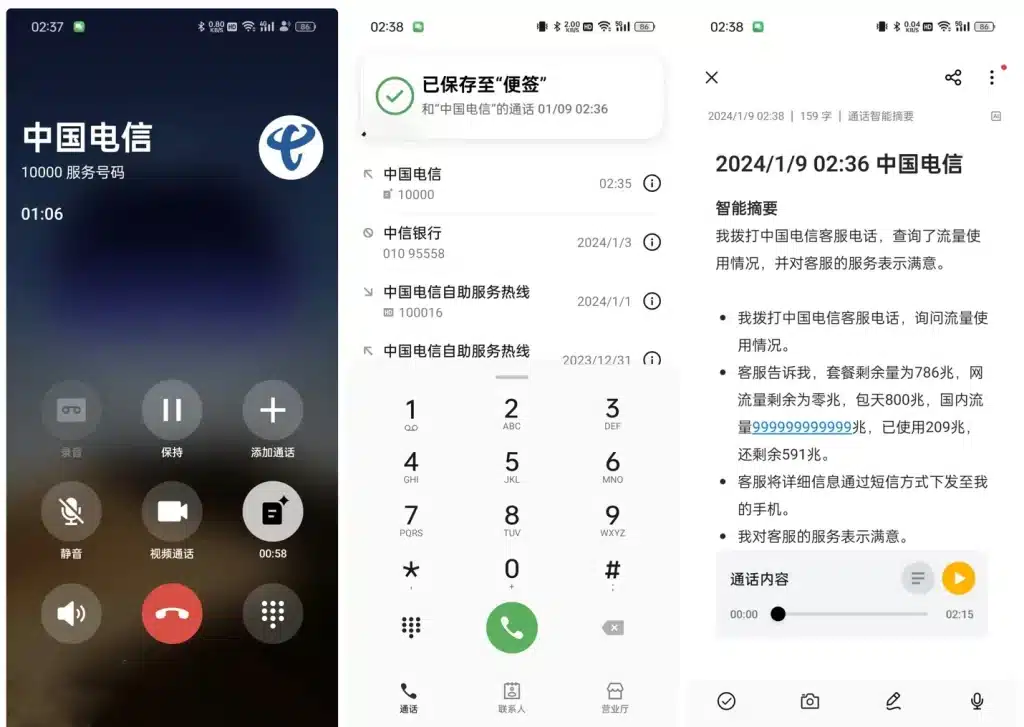OPPO has started the preheating for the Find X7 series, and before the product launch, details such as appearance, specifications, and imaging have already been exposed, welcoming challenges from competitors without reservation. OPPO is confident in this generation of the Find series. In addition, there is a significant change in this year’s Find X7 series, as it directly abandons the “Pro” version and jumps to the “Ultra.” This decision represents OPPO’s intention to showcase its advanced technology and innovative capabilities to the industry under “Ultra.” Regarding the product itself, the global debut of the dual periscope lens is indeed in line with the significance of the “Ultra” name.
The Find X6 series released last year left a deep impression on the author, especially the powerful IMX890 periscope lens and the portrait mode created by the Find X6 series. For a long time, the OPPO Find X6 Pro was the author’s primary device. Upon closer observation, many bloggers also used the Find X6 Pro as their main device for an extended period in the first half of this year. Before its official release, the OPPO Find X7 series has already garnered a million-level pre-order volume across various online platforms, attracting high market attention. So, how does the experience of the OPPO Find X7 Ultra with its dual periscope lens turn out?
In this article, The design, performance, and aspect – imaging – provide an in-depth experiential review of the OPPO Find X7 Ultra.
Design
Starting with the previous Find X6 series, OPPO shifted its design philosophy from being design-driven to focusing on imaging through design. This concept continued with the Find X7 series. When you first see the Find X7 Ultra, you can’t miss the large circular imaging module on the back, featuring four substantial lenses. It’s the most visually striking aspect of the Find X7 Ultra. Setting aside whether it looks good or not, everyone who sees this phone will get the impression that it has powerful camera capabilities.
As for its appearance, I think it looks better than the previous generation. The design language is more complex, and the details are more refined. This type of beauty differs from the Find X3 and X5 series, which had a more subdued elegance, only appreciable when held. The Find X7 series adopts a different style – more business-like, mature, and bold, with a stronger identity, focusing on immediate visual impact and first impressions.
Crafted Details and Clever Touches
The series maintains OPPO’s high standards in detail. For example, the lens module features a silver-textured lattice with a unique time-grain design, involving 3 million precisely etched crystals, offering a rich and intricate visual experience. Despite the protruding periscope lenses, OPPO turned this feature into an eye-catching highlight through clever design. Around the lens module, there’s a precisely crafted sun texture with a small orange dot underneath, reminiscent of professional camera lenses.
In terms of color, the Find X7 Ultra offers three options: “Ocean Blue”, “Desert Silver Moon”, and “Pine Shadow Ink Rhyme”, all featuring a spliced design with a glass material above and a suede-like finish below. At the junction of glass and suede, the concentric universe design creates a crescent moon-shaped smile curve, reminiscent of OPPO’s older ‘smiley face’ phones.
The model we received, “Ocean Blue”, has a dark blue suede lower half and a pearlescent upper half that isn’t just plain white but has a ceramic feel with numerous twinkling points within the glass. The Find X7 Ultra’s metal frame is polished, featuring a three-segment silent key. Pushing this key to the top activates the phone’s unique “VIP” mode, which turns off the camera, microphone, and location permissions, preventing apps from accessing sensitive information.
In terms of size, the Find X7 Ultra measures 164.3mm x 76.2mm x 9.5mm and weighs 221g. The large lens module and materials used inevitably add to its weight. Regarding the feel, it’s not light or thin, but it doesn’t feel too heavy or thick, either. When held in one hand, the finger naturally rests below the protruding lens module, providing a comfortable grip.
Display
The Find X7 Ultra features a 6.82-inch ProXDR ultra-light and shadow display. Frankly, OPPO could consider changing its curved screen design. Although the Find X7 Ultra’s screen curvature isn’t extreme, a slightly curved screen might be more suitable in 2024. This isn’t a flaw, just a personal suggestion or preference. The screen’s quality is top-notch: a resolution of 3168*1440, 510 PPI, 1.07 billion colors, 100% P3 wide color gamut, 10-bit color depth, and a dynamic peak brightness of 4500 nits. OPPO claims it’s the world’s brightest 2K screen, offering clear outdoor visibility and vivid light and shadow.
The screen supports Dolby Vision, HDR 10, HDR 10+, HLG, and HDR Vivid, and has received DisplayMate A+ certification. For eye protection, it’s certified by TUV Rheinland, supports 3Pulse+1Pulse class DC dimming/high-frequency PWM (2160Hz frequency), and offers a “Sleep Mode” that reportedly improves melatonin secretion by 20%. Other features include LTPO 3.0, wet-touch control, a 1–120 Hz dynamic refresh rate, and 360° color temperature adaptation.
Oppo Find X7 Ultra Hardware
The Find X7 Ultra from OPPO features the third-generation Snapdragon 8 chip and OPPO’s Tidal Architecture, resulting in increased energy efficiency. It comes with a 5000mAh battery, 100W Super Flash Charge, and 50W AirVOOC wireless flash charge. According to the official statement, these features can recharge the phone to 100% in just 26 minutes and 51 minutes, respectively.
In terms of storage configuration, the OPPO Find X7 Ultra starts with 12GB+256GB, which is a bit minimal, but options go up to 16GB+512GB. Post-launch interviews indicate the possibility of future releases with 1TB storage or higher. Additionally, the upcoming satellite communication version will likely have 1TB of storage.
For performance testing, the 16GB+512GB model was put through a benchmark test in performance mode.
AnTuTu (v10.1.9):
In a standard temperature environment (around 20°C), the OPPO Find X7 Ultra scored 2,164,340 points;
The AnTuTu storage test showed sequential read speeds of 4114.7MB/s, sequential write speeds of 3606.0MB/s, random read speeds of 1722.0MB/s, and random write speeds of 977.0MB/s.
In GeekBench 5, it scored 1710 in single-core and 5710 in multi-core; in GeekBench 6, it scored 2268 in single-core and 6850 in multi-core.
3D Mark: After 20 rounds of intense Wild Life testing, stability was at 78.8%, with the lowest loop score being 14344. This suggests that the performance tuning of the OPPO Find X7 Ultra is quite good.
Overall, the OPPO Find X7 Ultra performs well, meeting the standards of the “flagship trio.” It undoubtedly ranks among the top-performing Android phones currently available.
Gaming Test
In gaming tests, GizCoupon ran “Genshin Impact” and “Justice Online” at their highest graphics settings. Here are the specific results:
Under room temperature and WiFi conditions, running a map in “Genshin Impact” for 20 minutes resulted in an average frame rate of 59.5. For “Justice Online,” under the same testing conditions but with graphics maxed out, the average frame rate was 59.6, which was also very stable.
During these tests, the highest temperature for the device was around 40°C for both games. Power consumption was approximately 5W and 5.8W, respectively, meeting expectations. Given the capabilities of the Snapdragon 8 Gen3, there’s no need to worry about the overall gaming performance of the OPPO Find X7 Ultra.
Oppo Find X7 Ultra Cameras
- Ultra-wide: LYT600 with a 50-megapixel, 1/2-inch sensor, f/2.0 aperture, 123° FOV, and a 14mm equivalent focal length.
- Wide-angle main camera: LYT900 with a 50-megapixel, 1-inch sensor, f/1.8 aperture, 23mm equivalent focal length, ALC+ALE dual coatings, 1G + 7P lens arrangement, and optical stabilization.
- 3X Telephoto: IMX890 with a 50-megapixel, 1/1.56-inch sensor, f/2.6 aperture, 65mm equivalent focal length, floating prism stabilization, and a 25cm minimum focusing distance.
- 6X Telephoto: IMX858 with a 50-megapixel, 1/2.5-inch sensor, f/4.3 aperture, 135mm equivalent focal length, floating prism stabilization, and a 35cm minimum focusing distance.
- Front camera: LYT506 with a 32-megapixel sensor, f/2.4 aperture, AF autofocus support, and up to 4K 60fps video recording capability.
Dual telephoto lens
The OPPO Find X7 Ultra introduces a unique dual telephoto setup: 3X Telephoto IMX890 and 6X Telephoto IMX858. It was emphasized that a camera system combining ultra-wide, wide-angle, mid-range, and super-telephoto lenses is essential for a comprehensive shooting experience. The additional mid-range lens helps fill the gap between the main wide-angle and super-telephoto lenses.
Though a 2X or 3X standard telephoto lens was deemed sufficient for the mid-range, the OPPO Find X7 Ultra goes beyond expectations by incorporating a dual telephoto setup. Despite the challenges and costs associated with fitting such precision components into a compact space, OPPO took the initiative and gained a significant advantage in marketing terms.
The OPPO Find X7 Ultra debuts the LYT-900 sensor with a 1-inch large sensor, a new-generation Ultra Vision Imaging system, and a new Hasselblad Master Imaging system. The addition of two telephoto lenses achieves a 65mm portrait focal length and a 135mm close-up focal length. The support for Hasselblad’s retro portrait capability enhances dynamic portrait capture. Ultimately, the four cameras provide six optical quality focal lengths, covering a range from 14mm to 300mm.
Let’s skip the talk and take a look at some sample images!
- Gizcoupon captured all sample images and may have undergone slight compression during upload.
- The OPPO Find X7 Ultra offers native focal lengths of 0.6x (14mm), 1x (23mm), 2x (47mm), 3x (72mm), and 6x (135mm).
- In portrait mode, the focal lengths are 1x (23mm), 2x (44mm), 3x (65mm), and 6x (135mm).
- The default wide-angle focal length can also be selected at 1.2x (28mm) and 1.5x (35mm), in addition to 0.6x, 1x, 3x, and 6x, providing a total of six optical quality focal lengths.
- Watermarks in the bottom right corner of the uploaded sample images include shooting data, so no separate annotations are provided.
Pictures:
Experience of the Oppo Find X7 Ultra Cameras:
The portrait mode stands out. The Find X7 Ultra’s Hasselblad portrait mode excels in precise background blur at 1x, 3x, and 6x zoom levels, providing a natural and realistic depth effect. The beauty mode enhances facial features in a more three-dimensional way, and the ProXDR support improves brightness up to 8 times.
Landscape/Food/Indoor shots are excellent. The four lenses, including the new 1-inch sensor main camera, offer high dynamic range and exceptional clarity, color reproduction, and detail in all situations. Users don’t need to worry about which lens is being used; just select the appropriate focal length for beautiful shots.
The telephoto lenses on the Find X7 Ultra are impressive. The two periscope telephoto lenses capture details and colors exceptionally well, often overshadowing the wide-angle main lens. Whether in complex lighting or at night, the telephoto lenses provide clear and detailed images, making them great for events like concerts.
The Find X7 Ultra achieves professional tonal performance, approaching that of Hasselblad cameras, especially in mid-tones. Oppo emphasizes capturing light and shadow realistically, avoiding excessive reliance on algorithms. The device aims to produce images with a sense of depth, space, and ambiance, resembling the quality of professional cameras.
The Find X7 Ultra excels in portrait mode, delivers impressive results across various shooting scenarios, and strives for a more natural and professional image quality.
It is essential to emphasize that the OPPO Find X7 series introduces a groundbreaking 4K Dolby Vision HDR video recording capability across the entire focal range. As widely known, the iPhone is widely recognized for its superior video recording capabilities, leading the Android camp by a significant margin. However, based on Gizcoupon’s experience, the basic video shooting of the OPPO Find X7 Ultra may be the closest to the iPhone within the Android lineup. Last year’s Find X6 Pro already offered a video shooting experience that was remarkably close to the iPhone in terms of clarity, color reproduction, stability, and autofocus within the entire Android lineup. The addition of 4K Dolby Vision HDR video recording in the Find X7 Ultra undoubtedly brings more versatility to video shooting.
After highlighting numerous advantages, let’s address a couple of areas where the author personally feels there is room for further improvement.
Snap Mode & Macro Lens Need Some Tweaks
Firstly, there is room for improvement in the snapshot capability, especially in ordinary fast-capture scenarios, where the discard rate is currently slightly high. OPPO has introduced a separate “Motion Mode” shooting button in the shooting interface. However, integrating it into the overall shooting experience would enhance user satisfaction.
Secondly, the telephoto macro lens seems to lack specific optimization. While the two telephoto lenses achieve a minimum focusing distance of 25 and 35cm, respectively, when activating the “Macro” button, occasionally captured images appear somewhat flat, with a tendency towards being overly bright and white. At times, it seems preferable not to use the “Macro” feature.
OS
The OPPO Find X7 Ultra runs on the ColorOS 14 system, which GizCoupon has extensively reviewed in the past. Let’s discuss a few of the new features introduced in the Find X7.
Firstly, based on its large model capabilities, the Find X7 series introduces a new AIGC elimination feature. According to official data, it supports the recognition and segmentation of over 120 types of subjects, achieving hair-level segmentation and up to 6 simultaneous subject separations.
AI Magic Elimination
In the gallery, navigate to the edit option, find the AIGC button, and enter the “Eliminate” interface where you can manually select the area to be eliminated and let the system do the rest.
Through practical testing by Gizcoupon, the Find X7 series performs remarkably well in AIGC elimination capabilities, comparable to some professional photo editing software. Importantly, its operation is straightforward, requiring only a few seconds and a few screen swipes to complete. Original image, post AIGC elimination, and it’s safe to say there are no traces of photo editing. Selecting a more complex scene, as shown in the image, not only successfully removes pedestrians but can also “creatively” add elements. For example, if the system can’t eliminate the black pole on the left, it might directly add an advertisement billboard, which is somewhat “creative.”
The OPPO Find X7 series also introduces the first AI large model speech summarization, aiming to accurately understand conversation content and generate concise summaries with no details omitted. For instance, in Gizcoupon’s test call with customer service, clicking the AI summary button after the call saves the generated content in notes. Opening the note reveals the intelligent summary of the call, making it a convenient and essential feature for those who frequently communicate with their bosses.
Xiao Bu
The Find X7 series also brings a new Xiao Bu Assistant through updates in large model capabilities, supporting functions such as text-to-image generation, image-to-text conversion, and AI article summarization. Gizcoupon has demonstrated these features multiple times before, so no additional explanation is provided here.
Our Verdict on Oppo Find X7 Ultra
OPPO Find X7 Ultra is a product that takes the imaging experience to the extreme. From the internal hardware stack to the practical implementation of the shooting philosophy, OPPO’s outstanding pursuit of imaging technology and deep understanding of image art is evident. The unprecedented dual periscope lens, in particular, undoubtedly elevates the imaging capabilities of the Find X7 Ultra to a new level. According to current leaks, the Find X7 Ultra’s dual periscope lens is expected to maintain industry leadership for a long time.
So, describing the Find X7 Ultra merely as the “king of imaging” seems a bit inadequate. Its performance in imaging is more like that of an imaging master, leading the way in the technical and conceptual aspects of mobile imaging.
Beyond imaging, the OPPO Find X7 Ultra lives up to the “Ultra” label with top-tier performance, consistent high-end craftsmanship from the reputable manufacturer, a three-stage button design, hardware-level encrypted VIP mode, a stunning high-brightness screen, and features like AIGC noise reduction and call summaries enhanced by advanced AI models. It is set to become a milestone product in the Find series.
In conclusion, in the upcoming smartphone market, the OPPO Find X7 Ultra is likely to be a benchmark for many competitors to compare or emulate. For consumers, choosing a device may be challenging without considering the OPPO Find X7 Ultra. For users who enjoy photography and portrait shots, the Find X7 Ultra can undoubtedly meet their comprehensive needs for mobile imaging.
Read Also: OPPO Find X7 Ultra: World’s First Dual Periscope Quad Cameras
